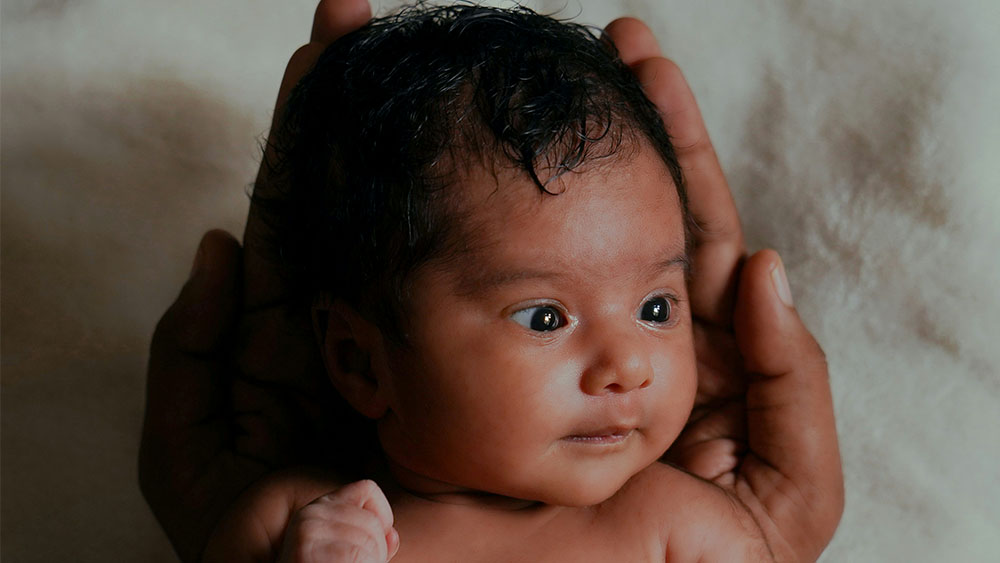Tiny Triumphs: Teaching Your Little One Life Skills for Independence
Education Minister Chan Chun Sing recently addressed the subject of parental involvement, noting that while it's good to be involved in your kid's life, it's also important to give them space to grow and be independent.
Indeed, young children are more capable than we give them credit for.
Life skills are valuable lessons children will use throughout their lifetime, but you don’t need to wait until your child is a teenager before you start teaching them how to be independent and handle real-world situations.
Here’s what can go a long way:
1. Time management
Time management is essential at every age and stage. Start small by getting them a fun alarm clock to wake up to in the mornings; have an after-school schedule at home to help stay on top of homework and playtime, that will also eventually help them manage a busy day at school, riddled with assignments and projects.
2. Decision-making skills
Making good decisions is a life skill every child should begin learning from a young age. Even small, basic decisions such as choosing what they would like to eat for dinner or what they want to play with, all count. Slowly you can start teaching them about the rewards of good decisions and the consequences of bad decisions by helping them weigh their options, and evaluating the pros and cons of that decision. Letting your child make the final decision and see how things work out is also great for building their confidence.
3. Being a self-starter
It’s natural for parents to jump in and ‘help’ their child with most things, but letting children navigate things for themselves from time to time, figuring out things on their own independently without waiting for the next instruction, helps nurture confidence, self-esteem and a resilient attitude.
4. Standing up for themselves
As adults, we’re always in situations where we need to stand up for ourselves; ditto for children. So why not give them as much practice with it as possible? While it may be tempting at times to speak up and advocate for your child, make that attitude the exception, not the rule. Instead, model the type of behaviour you want to inculcate in your child, and then encourage them to take the lead and stand up for themselves. Start small with something such as trying to convince someone of their point of view; or speaking their mind when they don’t agree with something.
5. Health and hygiene
Brushing our teeth, taking a bath, cleaning our hands, the list is endless. Hygiene is vital for good health, and teaching your children how health relates to hygiene is a vital lesson to teach them for life. You can even teach children how to treat a basic wound so that they don’t freak out when they see blood and can look after themselves for minor injuries.
For young children, set up a chart that allows them to check off each hygiene task as they complete it daily, perhaps with a reminder on the chart about why that particular hygiene task was necessary for good health. Over time, your child will naturally follow the checklist without needing any reminders.
6. Basic cooking
Cooking is a basic life skill and even something as simple as a sandwich or pasta counts because when something is homemade, chances are that it's healthier than outside fare. Take them grocery shopping so that they are vested in what is going to be cooked, and then give them small tasks such as cutting something, measuring and weighing ingredients, peeling, and so on. As your children become more confident in the kitchen, add on more meal prep responsibilities, slowly working them up towards being able to fix themselves a full meal.
7. Being money-savvy
Young children already know basic maths, so it’s the best time to teach them some essential money management life skills on how to save and spend wisely. The idea of pocket money and maintaining a budget helps children understand the concept of delayed gratification, and also goes a long way in helping them understand how money works and the importance of saving towards a goal. Giving them opportunities to find the most economical variety of something when doing groceries or to manage their money wisely when wanting to buy a new toy or video game helps them understand the value of a dollar and how to be a smart shopper.
8. Cleaning
It’s definitely easier for adults to clean the house themselves but it’s a huge missed opportunity for kids. At some point they will also have a house of their own to take care of. Start them off with age-appropriate chore charts such as making the bed, sweeping and dusting. Ditto with doing the laundry and subsequently folding and putting away the clothes (hold off ironing till later). Toddlers can learn a lot by helping sort clothes by colour, measuring the right amount of detergent and softener, and turning on the machine.
For the latest updates on Wonderwall.sg, be sure to follow us on TikTok, Telegram, Instagram, and Facebook. If you have a story idea for us, email us at [email protected].











